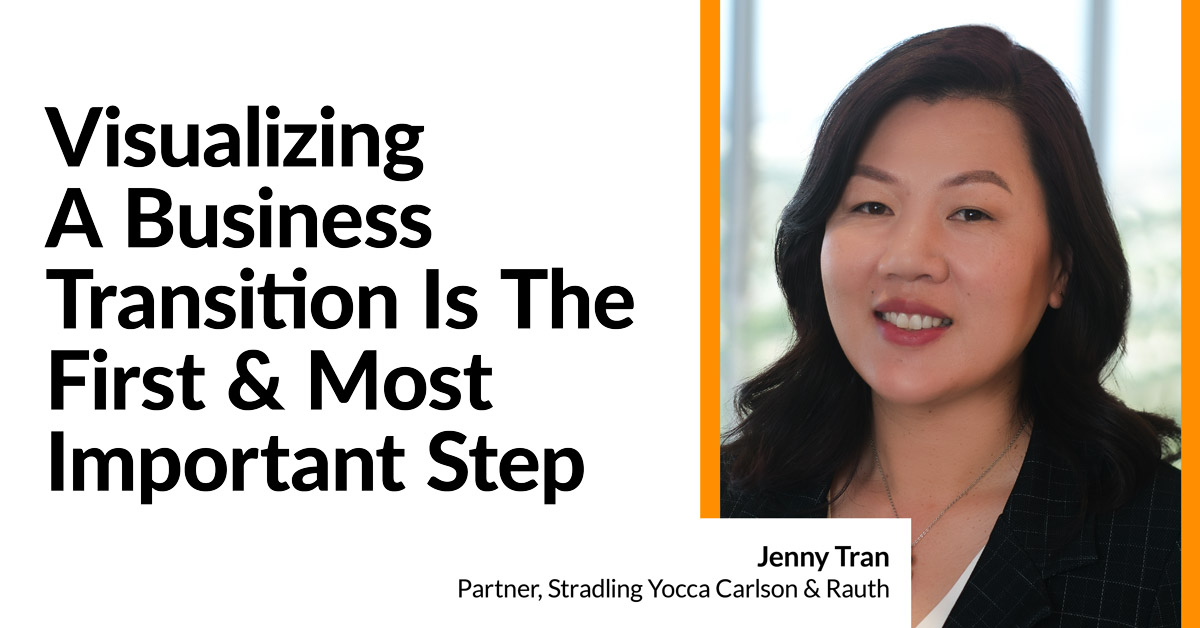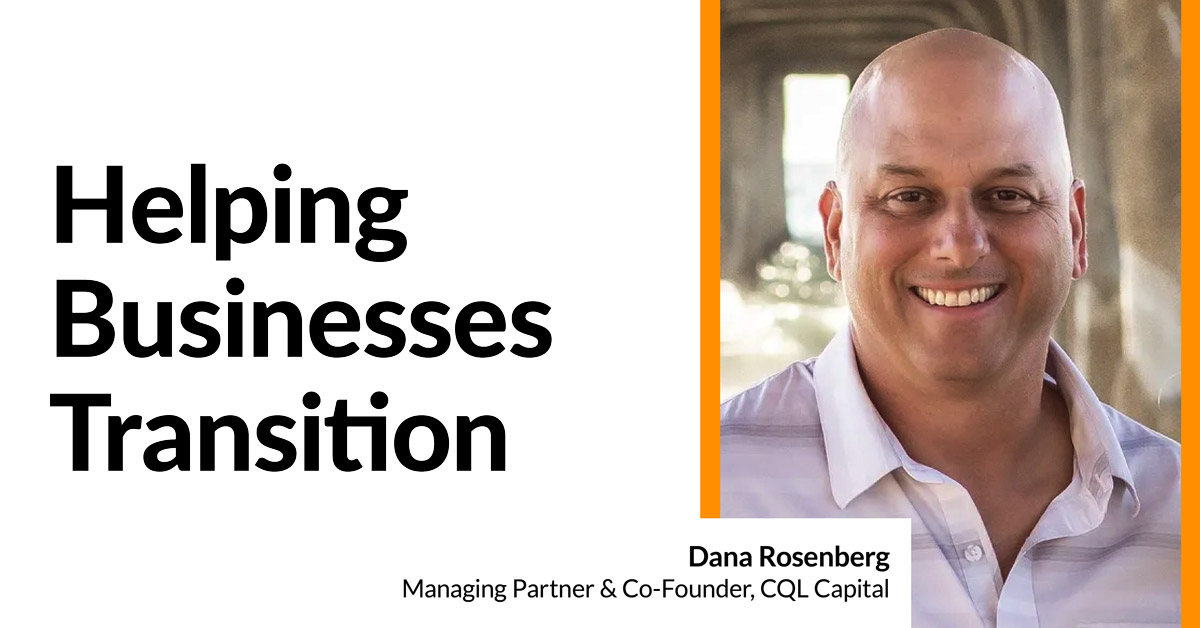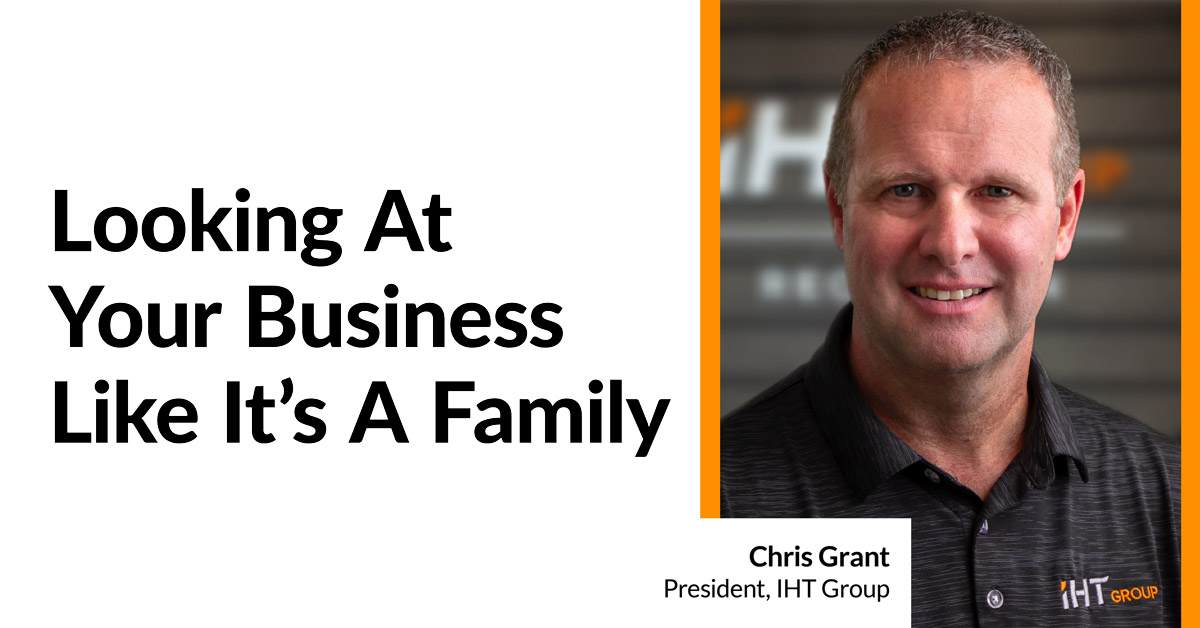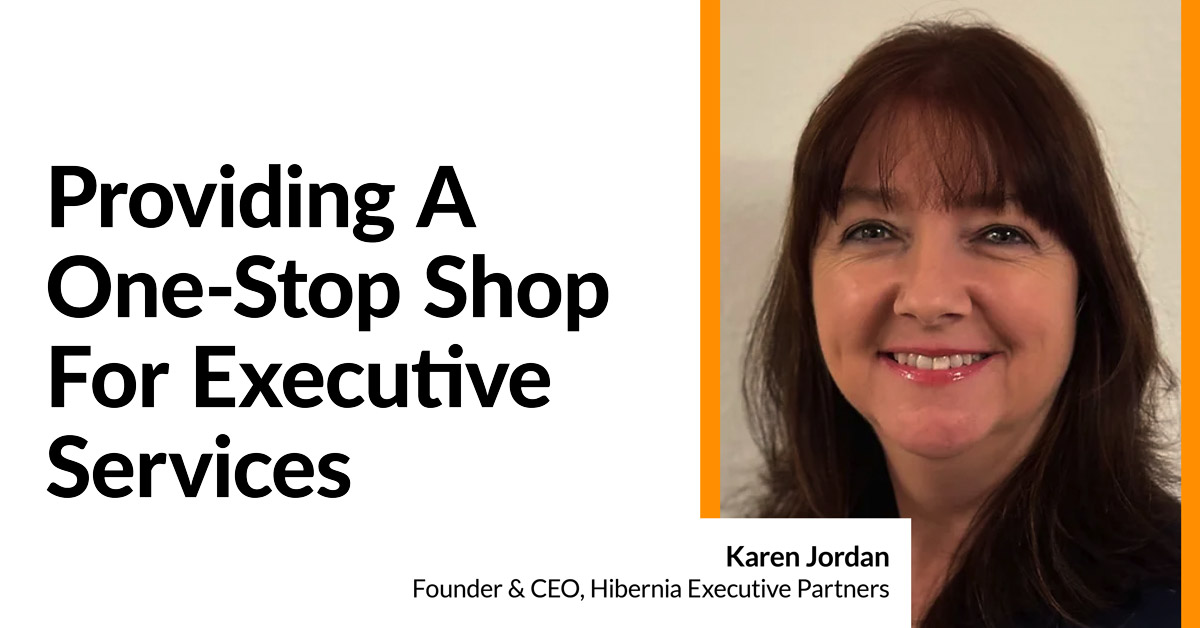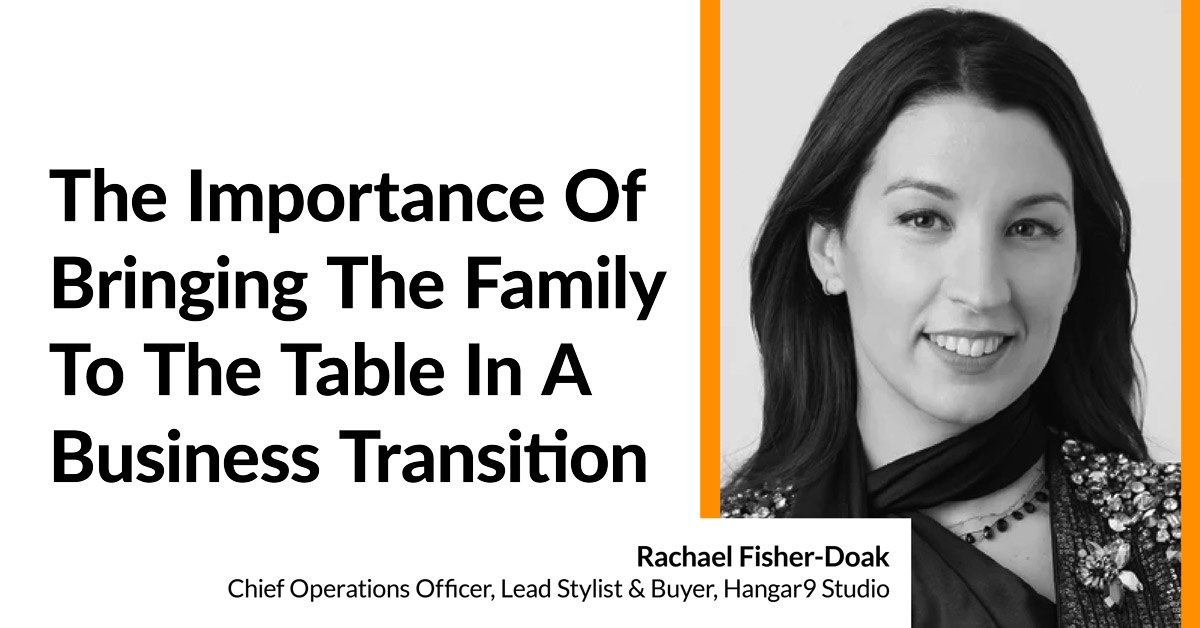The Importance Of Having An Executive Strategy For Business Transition
Mario Toneguzzi
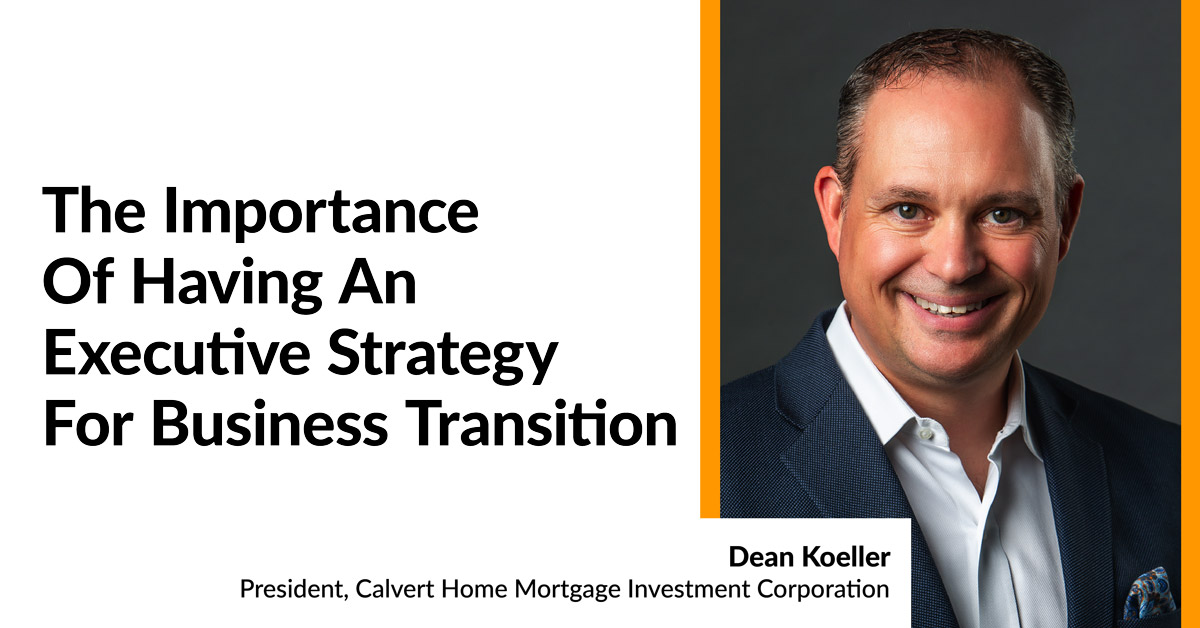
After graduating from university in 1997 with a finance and entrepreneur degree, Calgary businessman Dean Koeller had many career opportunities.
But his options became clear after a conversation with his father which led him to join the family mortgage lending business. Today, he runs the company founded by his father.
In this interview, Koeller discusses:
- Key things families should consider in making a business transition;
- The importance of having an execution strategy; and
- Why communication is a key.
Enjoy,
Mark
After graduating from university in 1997 with a finance and entrepreneur degree, Calgary businessman Dean Koeller had many career opportunities.
But his options became clear after a conversation with his father which led him to join the family mortgage lending business. Today, he runs the company founded by his father.
What should people make note of when making that family business transition?
“Time will either be your greatest enemy or your greatest asset,” said Koeller, President of Calvert Home Mortgage Investment Corporation. “All of the research that I’ve done in family business transitions or family wealth transfers, it’s not the planning that improves the likelihood of your success but it’s having an execution strategy that follows up on that process.
“Having some outside advisors. And for ourselves, in 2003 we set up an advisory and in 2015 when my father retired we had a full fiduciary board with four independents and my father. So a proper governance structure over top of the family business was fundamentally critical to building accountability, good reporting processes and good habits that’s going to allow the business to be effective and have the right structure.”
He said it was also important to have the right governance structure within the family - having family meetings, as an ownership group how were they making decisions and were those decisions a board issue or a family issue.
“The next level is good, consistent communication. Often when you have families in a family business we talk about the three circle model. You’ve got the family, the business and the ownership. Really being clear about are we meeting as a family or are we meeting as a management team or are we meeting as an ownership group. And having meetings and agendas that go through each of the circles to make sure that we’re creating alignment and developing an execution strategy plan that’s going to be effective,” said Koeller.
“You see so many founders and their prominent statement is the next generation isn’t taking ownership and isn’t doing enough to build the capacities they need to be successful. And a lot of the next generation will say the founding generation is not giving them an opportunity. And the magic is going to happen in what’s the plan, what’s the process and then how do we start moving the yardsticks, what does success look like.
“My father in 2010 started to say here’s what a succession strategy looks like, here’s the skill set that I need you to do, here’s the capacities I need you to have and every quarter we would say are we on track with that and we had an outside board to say are you guys on track with that. That really helped us get to the succession transition that we had.”
Koeller participated this year in a panel discussion on the topic of family business transitions at the Business Transitions Forum in Calgary.
Business Transition Forums for the rest of this year are October 12 in Winnipeg and November 23 in Vancouver.
Koeller’s father Everett started brokering mortgages in Calgary in 1976 and started his mortgage fund in 1981.
Koeller joined the business in 1997 after graduating from the University of Calgary with a finance and entrepreneur degree. He had a number of job offers from financial institutions and oil and gas.
“I sat down with my father and I shared where I thought the opportunities were and he asked what I really wanted to do and I said I want to be an entrepreneur but I don’t have a business idea,” he said. “He said well you’re not going to learn how to be an entrepreneur by working for a bank so why don’t you come and work with me for a year.
“I agreed to work with him for a year and got some amazing opportunities to both learn the mortgage business and help his business partner interview entrepreneurs and in raising money to start entrepreneurial ventures. My brother Dale joined the business in 2001 and my father retired in 2015. I became President and CEO and my brother became the Chief Risk Officer.
“When I joined the firm we were probably only lending about $5 million. My dad retired and we were lending about $50 million. Today, we’re about $280 million in mortgages and continue to grow fairly aggressively in the marketplace with all the opportunity in alternative mortgage lending.”BACK





